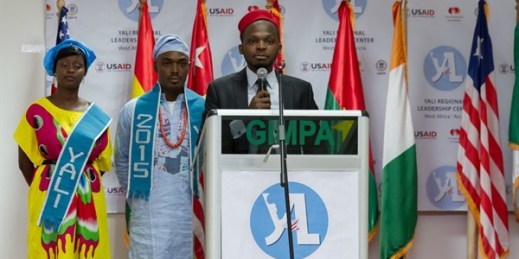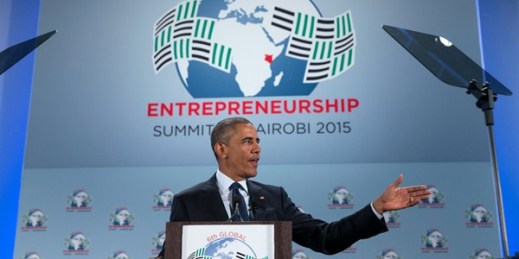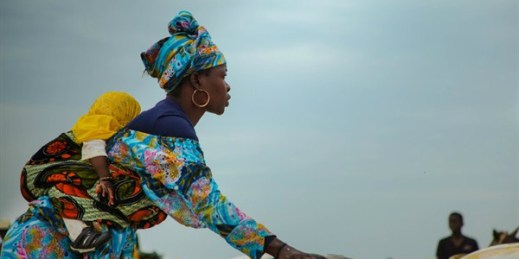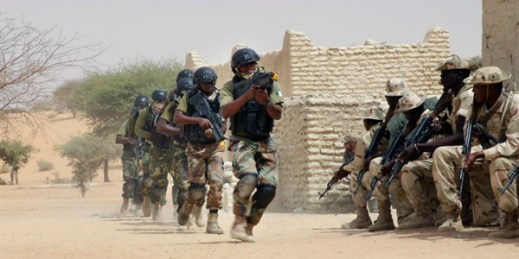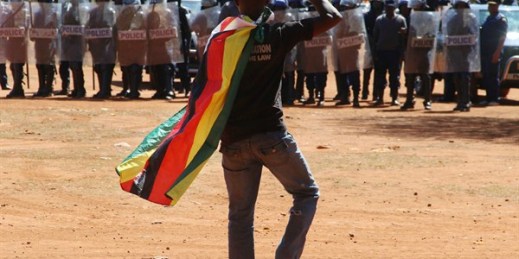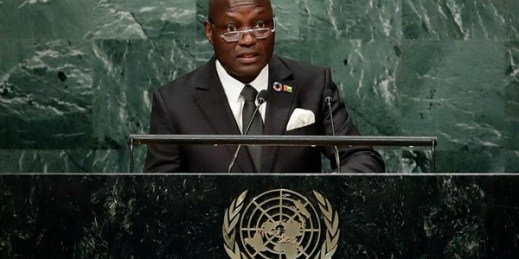
Earlier this month, Guinea-Bissau’s political factions agreed to a six-point roadmap to form a consensus government and end more than a year of deadlock. Although the ambitious plan is a positive step toward ending the small West African country’s political crisis, the deal is unlikely to overcome the deep divisions within Guinea-Bissau’s parliament or address the fundamental drivers of instability. Moreover, the planned withdrawal of an Economic Community of West African States (ECOWAS) peacekeeping mission in mid-2017 will allow Guinea-Bissau’s military to play a greater role in politics, raising the possibility of a coup in the next two years. Guinea-Bissau’s […]

